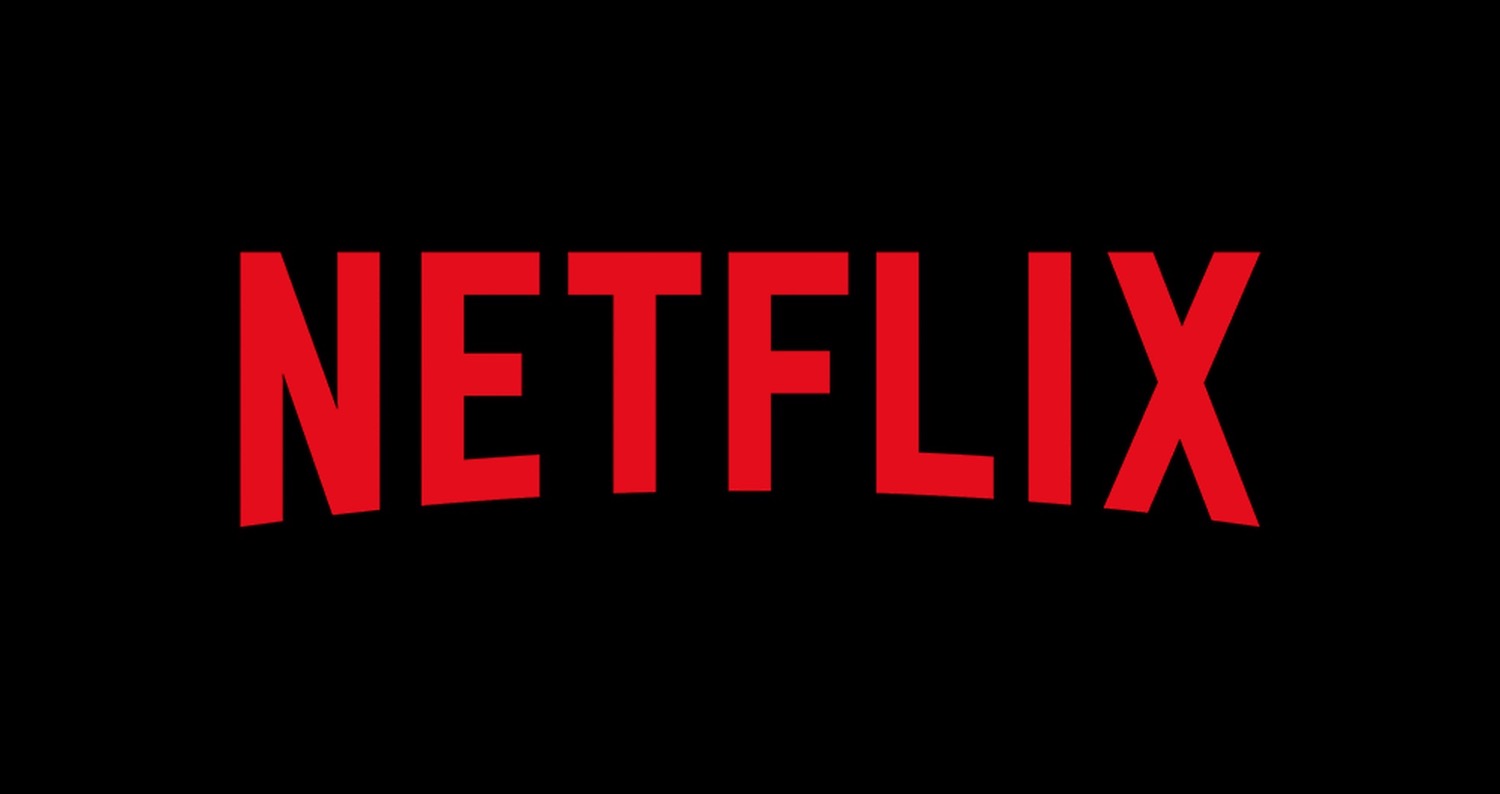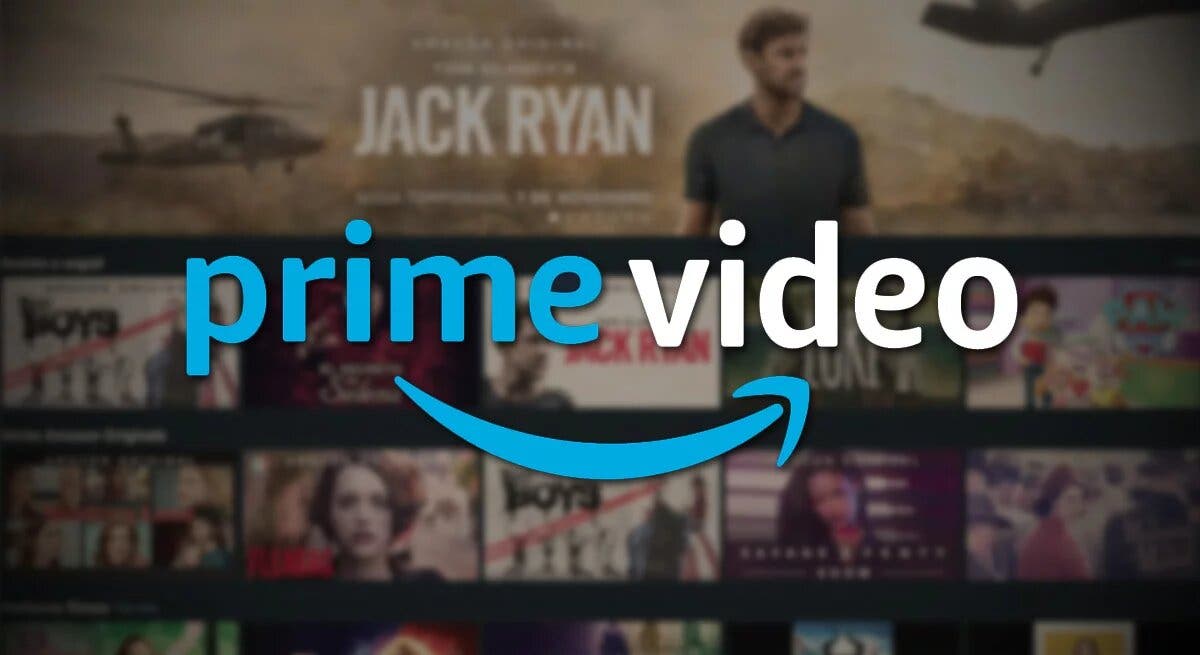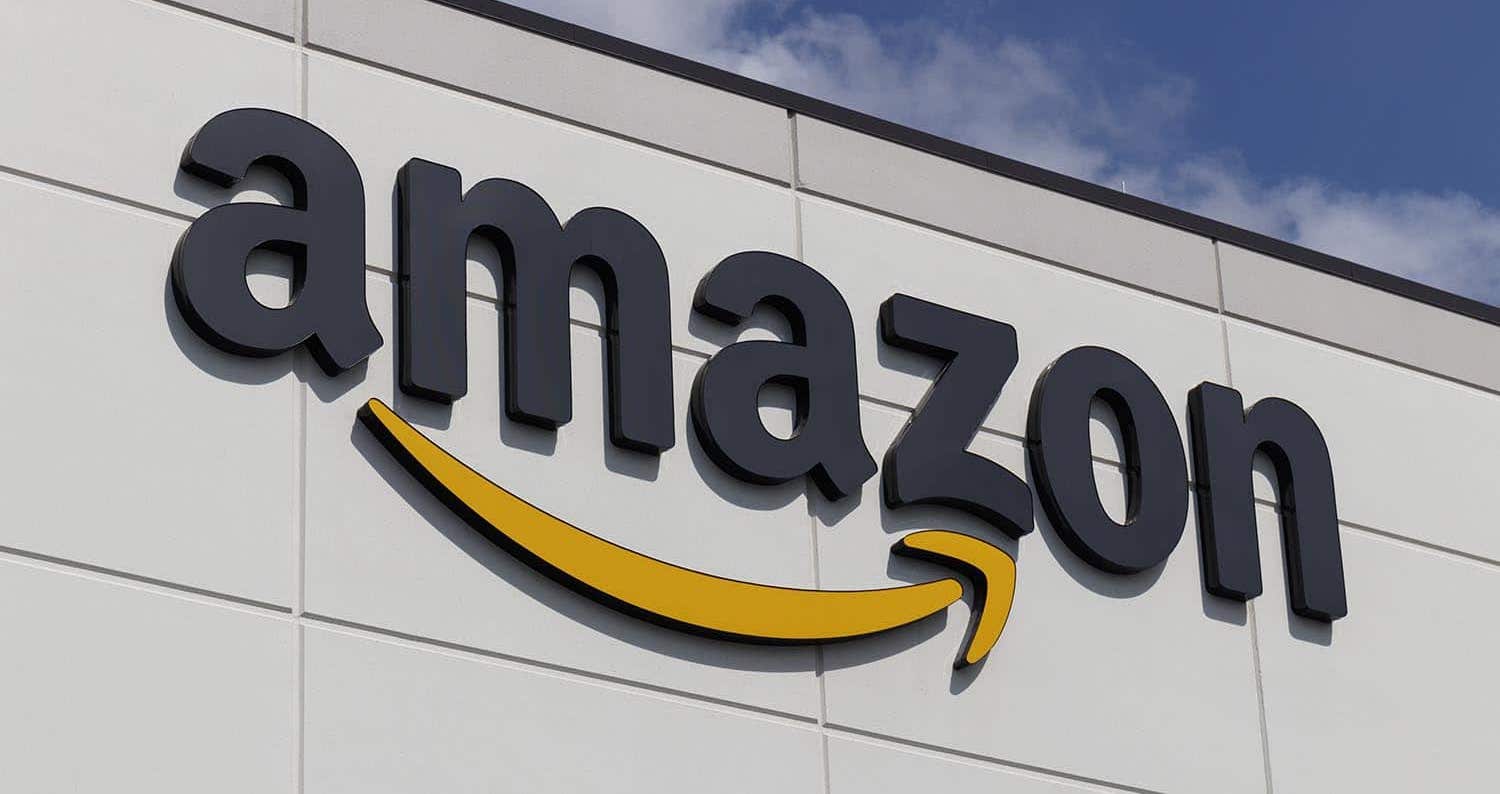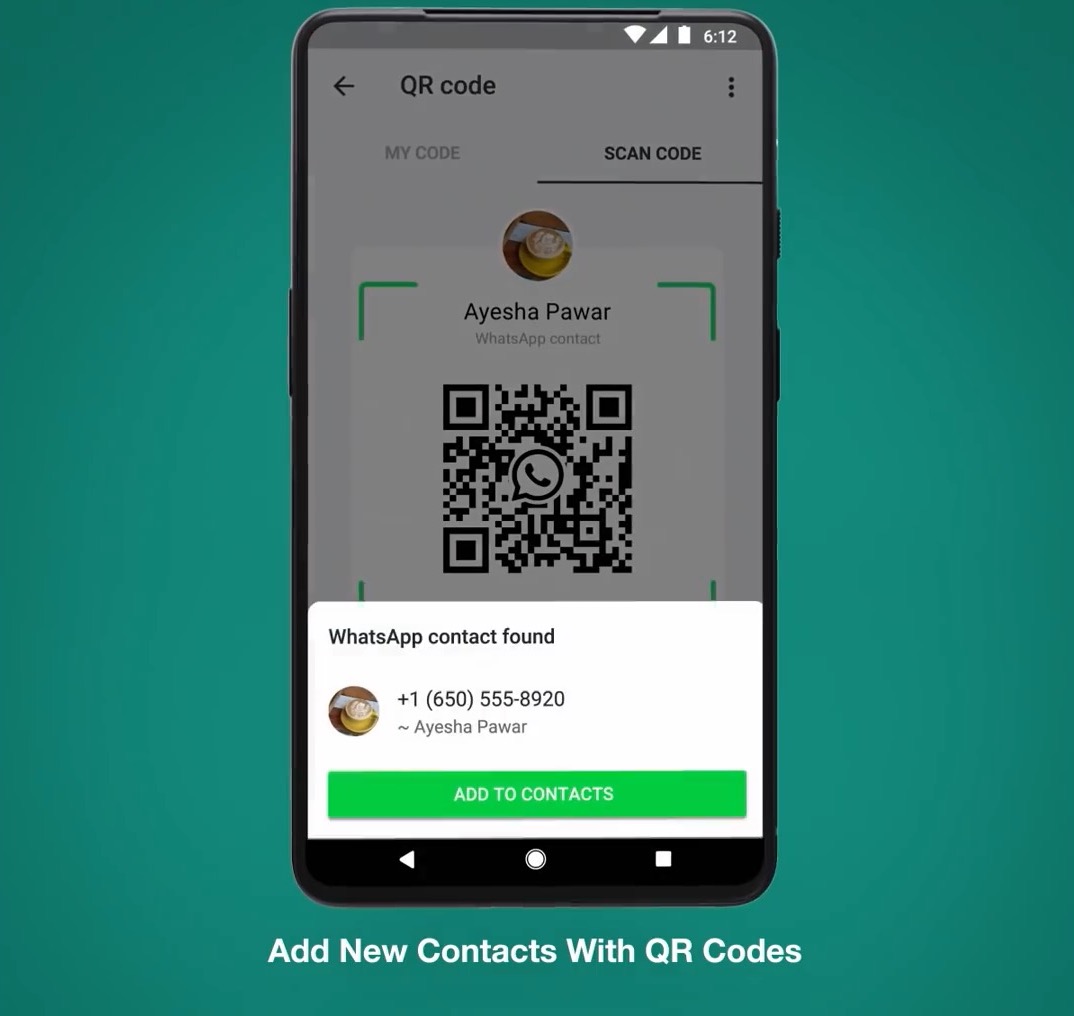One of the most notable events of yesterday in the field of technology was the acquisition of MGM by Amazon. Thanks to this business move, he gained the opportunity to expand his activities in the media industry much more. In the second part of our roundup today, we take a closer look at why WhatsApp decided to sue the Indian government.
It could be interest you

Amazon buys MGM
Amazon announced yesterday that it has successfully closed a deal to buy the film and television company MGM. The price was $8,45 billion. This is a very important acquisition for Amazon, thanks to which it will acquire, among other things, a comprehensive library of media content including four thousand films and 17 thousand hours of film shows. Thanks to the acquisition, Amazon could also gain more subscribers to its premium Prime service. This would make Prime an even more capable competitor to Netflix or perhaps Disney Plus. Senior Vice President of Prime Video and Amazon Studios, Mike Hopkins, said that the real financial value lies in the content that lies deep in the MGM catalog, which Amazon intends to revive and bring back to the world in collaboration with the professionals at MGM. Although Amazon has been doing business in the media sphere for some time, this segment is only a relatively small part of the entire empire. The possible acquisition of MGM by Amazon was already discussed in the first half of May, but at that time it was not yet certain how the whole thing would turn out.
WhatsApp is suing the Indian government
The management of the communication platform WhatsApp has decided to sue the Indian government. The reason for filing the lawsuit is somewhat paradoxically the concern about the privacy of WhatsApp users in India. According to the WhatsApp leadership, the new rules for using the Internet in India are unconstitutional and seriously infringe on the privacy of users. The aforementioned regulations were introduced in February this year and entered into force yesterday. These include, for example, a rule according to which communication platforms such as WhatsApp must identify the "originator of the information" at the request of the competent authorities. But WhatsApp rejects this rule, saying that it would mean the necessity of monitoring every message sent within the respective applications and thus a violation of users' right to privacy.

In a related statement, WhatsApp representatives said that such monitoring of individual messages is incompatible with end-to-end encryption. WhatsApp's warning about message tracking has also been supported by a number of other tech companies and initiatives, including Mozilla, the Electronic Frontier Foundation and others. WhatsApp also updated its FAQ page in response to the new government regulations to address the conflict between the message tracking requirement and the end-to-end encryption option. While the Indian government defends its requirement to monitor messages as a way to defend against the spread of misinformation, WhatsApp instead argues that message monitoring is relatively ineffective and easy to abuse.











So I really can't wait for Stargate under the baton of Amazon. Thank you a lot.